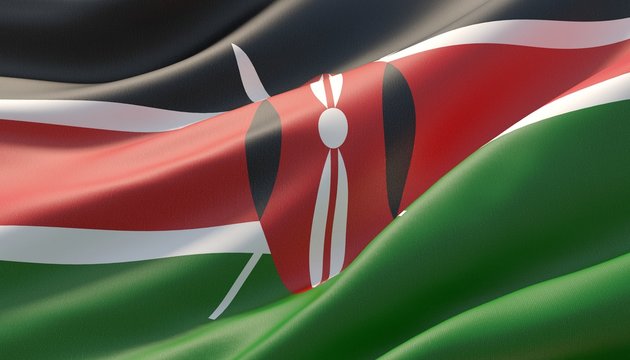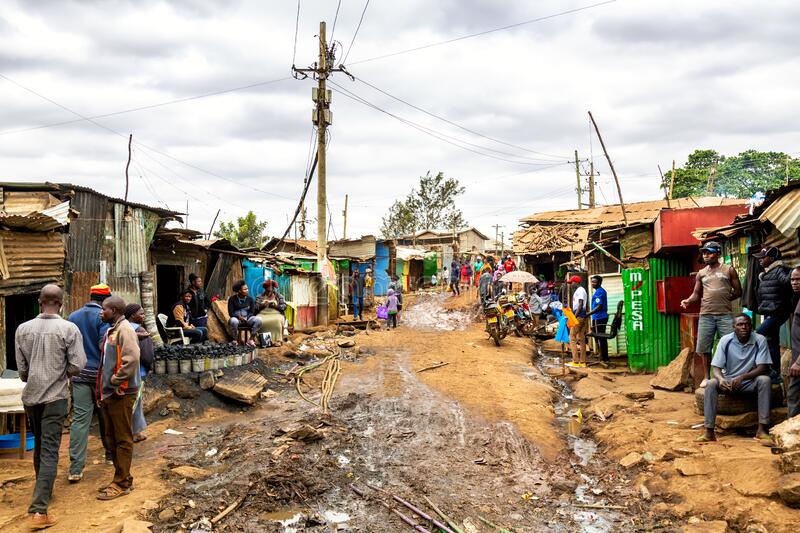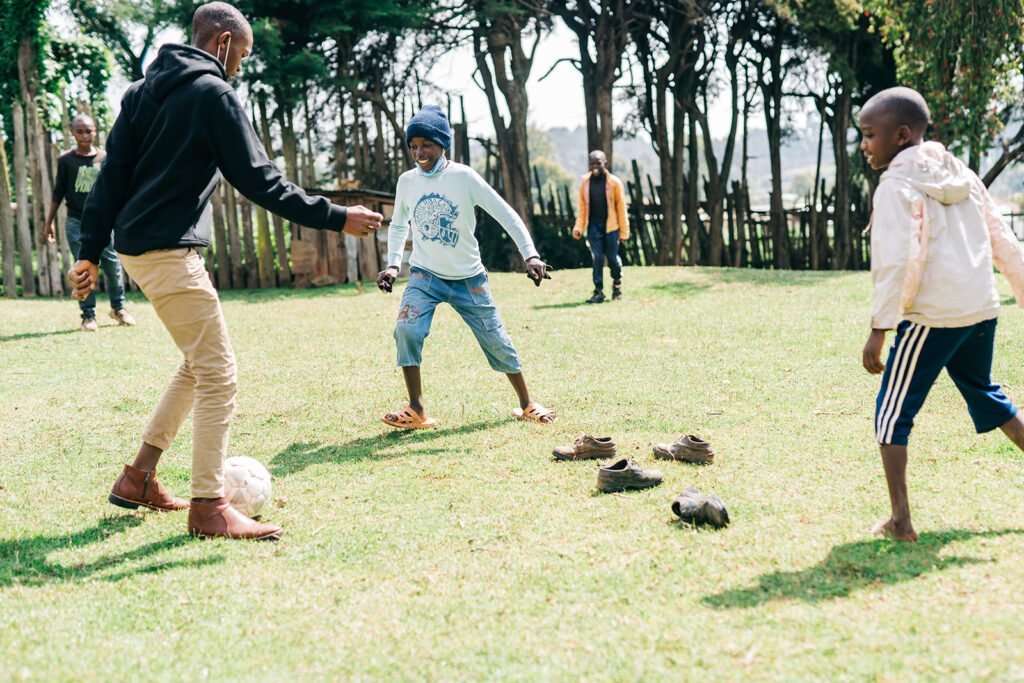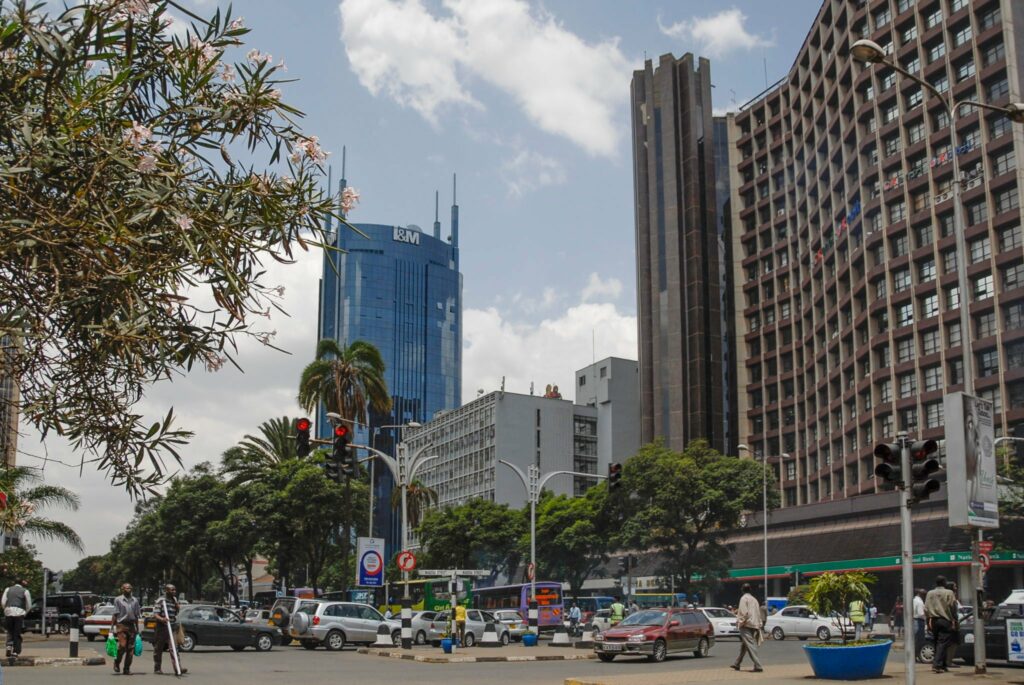Expat Cost Of Living In Kenya As Of 2021 part 1 – that will be the topic of today’s article.
Before introducing this article, if you are interested in our core services which are expat financial, insurance and mortgages, you can contact me here.
The best time to consider your financial situation is when you are moving to a new country.
Introduction
Expatriate people move to Kenya for many reasons, including work opportunities, so it is important to have some basics done before your arrival. One of the first things an expat needs to know is the cost of living in Kenya. Some may think that it is cheap, but there are many hidden costs of living in Kenya.
These expenses can’t be neglected because they are important for the well-being of any expat. However, some expatriates feel that this is an inexpensive place to live, especially compare to other countries around the world.

Well, the cost of living in Kenya is lower than the cost of living in other African countries, especially when it comes to buying food. And as a matter of fact, many expatriates are able to buy foods that are not available back home for cheap prices in Kenya.
Meanwhile, there are also costs other than food which are big issues for foreigners who move here. One of the priciest costs for expats is living space. Renting a place to live in Kenya’s cities is almost impossible without having many friends and family here who can refer you to people who will lease their places to you. That’s why it is more affordable if an expat leases a place with someone, than if he or she leases it on his or her own.
In this article, we will walk you through the tips to know before living in Kenya. Aside from this fact, you’ll understand the cost of living, and the best places to live as an expat. Have you been surfing the internet to get the right information about living in Kenya as an expat? Read further for more information.
Tips To Know Before Living in Kenya as an Expat

Kenya is a beautiful country with a rich culture and welcoming people. However, it’s important to do some research before moving here as an expat. The following are some things you don’t want to learn the hard way after arriving in Kenya:
You Need a Car That Can Handle Dirt Roads
Many areas of Nairobi have paved roads. However, if you’re trying to get out of the city, you may find yourself on dirt roads that seem like they haven’t been maintained in decades. If you’re not prepared for bumpy and dusty conditions, having a car with good shocks and large wheels is helpful.
The Sun Can Be Your Worst Enemy
Kenya is a beautiful place with plenty of natural beauty. However, that landscape comes at a price: the sun can be your worst enemy. The heat and UV rays are extreme here, so being fully prepared for this weather is important if you want to stay healthy while living in Kenya.
You Have To Learn Swahili or Risk Being Isolated
There are plenty of expats that don’t learn the native language. However, knowing how to greet people in Swahili can really help you out here. It’s also important to know some other basics like “thank you”, “hello” and “goodbye.” This will allow you to build connections with locals so it may be helpful to learn some Swahili before moving to Kenya.
The Power Can Go Out At Any Time of Day or Night
There are some developed areas in Kenya with reliable electrical service. However, you never know when the power is going to go out. You might find yourself sitting in the dark for hours, or your power could go out for half a minute and then come back on.You just can’t predict when this might happen in Nairobi so it may be helpful to always have some extra batteries and candles available in case this happens.
Not All Bills Are Paid At the Post Office
When you move to Kenya, you may think that all you have to do is going down to the post office and pay your bills. However, this isn’t how things always work here. Not only may not be able to pay your bill at the post office, but you might also need to hand-deliver it or hand-deliver payment to another location in order to make sure it gets paid on time.
You Have To Be Careful When It Comes To Bribes
The bribery culture in Kenya is well-known throughout the world. However, you may not realize what this means for your day-to-day life until you’re dealing with daily hassles from police officers and other officials just trying to get a bribe. It’s not uncommon for people to deal with these situations and try to bribe their way out of them, but this can be a risky move.
Things Happen On “Kenyan Time”
There is an attitude in Kenya called “Jamaica time,” which means that nothing happens when it should or according to plan (it takes about an hour for people to show up for a meeting, regardless of the time you said it would start).
However, this attitude is also related to how things are done. For example, bank hours are not observed. Instead, it’s common for banks in Kenya to close early without warning even though they were supposed to be open later that day orjuntil the next day. Furthermore, things like getting your phone fixed might take much longer than you expected due to delays in receiving parts or slow service at the shop.
Cost of Living in Kenya Today

There are many costs associated with living in Kenya, including cost of food, clothing, housing, healthcare and transportation. When it comes to the difference in cost of living between now and 2021, there are some variations that can be expected.
For example, due to inflation rates ranging from an average of 7% to 9%, by 2021, now prices might be as much as twice as high. On the other hand, considering that there will potentially be a better standard of living by 2022, certain types of expenses might also become slightly less expensive.
In order to give an idea about how things might change in the next few years, this article will take a look at cost of food, clothing, housing, healthcare and transportation.
Understanding the Cost of Living in Kenya in 2021

According to the CIA Factbook, currently (2016) a pair of jeans costs about 900 shillings ($9), while a kilo of rice ranges from 500–1200 shillings ($5.25–12). Suppose that by 2021, the amount of money needed to buy a pair of jeans is around 1 500 shillings ($15), and a kilogram of rice costs between 800–1 500 shillings ($8.50–15).
A large bottle of water that currently costs about 300 shillings ($3) might be up for sale at 350–500 shillings ($3.50–5) in 2022. Coffee, tea and other hot drinks are expected to be more expensive as well, with the average price being around 500–600 shillings ($5.50–6).
Similarly, a jacket or a jumper that is listed for about 3 000 shillings ($30) today might cost around 5 000–6 500 shillings ($55–65) in 2021.It is expected that clothing prices will go up, but not significantly — only by approximately 20%.
Two dozen eggs that are currently available for less than 1 000 shillings ($10.50) may become slightly more expensive and cost about 1 000–1 400 shillings ($10.50–13). However, milk is expected to become cheaper in 2021, costing approximately 500–1000 shillings ($5.5–10) for a litre.
Today, things have changed so much in Kenya. Earning a salary can no longer provide you with all the money needed to live, especially if you have a family to support. Cost of living prices in Kenya today are a bit high and for this reason, many employers give their employees more pay while keeping their original salary the same. Many employers even give their employees a pay rise for this reason.
In fact, people who need to study more cannot do so because they cannot afford the fees at universities and colleges, which are another sign, that cost of living prices in Kenya today are extremely high.
Cost of Living in Kenya as an Expat
| Cost of Living | Price of Goods |
| Imported beer and local beer | 550KSh |
| Apples and Banana (1kg each) | 345KSh |
| One-way ticket for local transport | 80KSh |
| Basic utilities for 85m2 apartment | 4000KSh |
| Clothing and shoes in Kenya | Approximately 4000KSh |
| Rent per month for 1 bedroom | 29,000KSh |
| Salaries and financing after tax | 45,000KSh |
| Sports and Leisure in Kenya | 700-5,000Ksh |
| Childcare in Kenya for expat | Approximately 20,000 |
You can see part 2 here.


